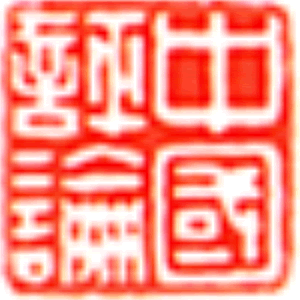In China, views are hardening too. There are those who see the US as trying to thwart China’s legitimate ambitions – convinced that no matter what they do or concede on individual issues, the US will never be satisfied. They are alarmed by talk of a “clash of civilisations” between the US and China. They reject what they see as efforts by the US to impose its political system and values on China.
This is coupled with a strong vein of nationalist fervour. Chinese television is rebroadcasting old movies of the Korean War, known in Chinese as 抗美援朝战争 – the war to resist America and assist North Korea. There is even a “US trade war song” circulating on the internet, based on a musical track from a popular 1960s war movie about fighting the Japanese in the Sino-Japanese War! Hardly anyone in China, whether in government,academia or the media, can be found who is prepared to speak up for a more positive and benign interpretation of the US’ intent.
The fundamental problem between the US and China is a mutual lack of strategic trust. This bodes ill for any compromise or peaceful accommo- dation. But to go down the present path would be a serious mistake on both sides. There is no strategic inevitability about a US-China face-off. But at the same time, if such a face-off does happen, it will be nothing like the Cold War.
First, there is no irreconcilable ideological divide between the US and China. China may be communist in political structure, but it has adopted market principles in many areas. The Soviets sought to overturn the world order. But China has benefited from, and by and large worked within, the framework of existing multilateral institutions. During the Cold War, the Communist bloc sought to |
